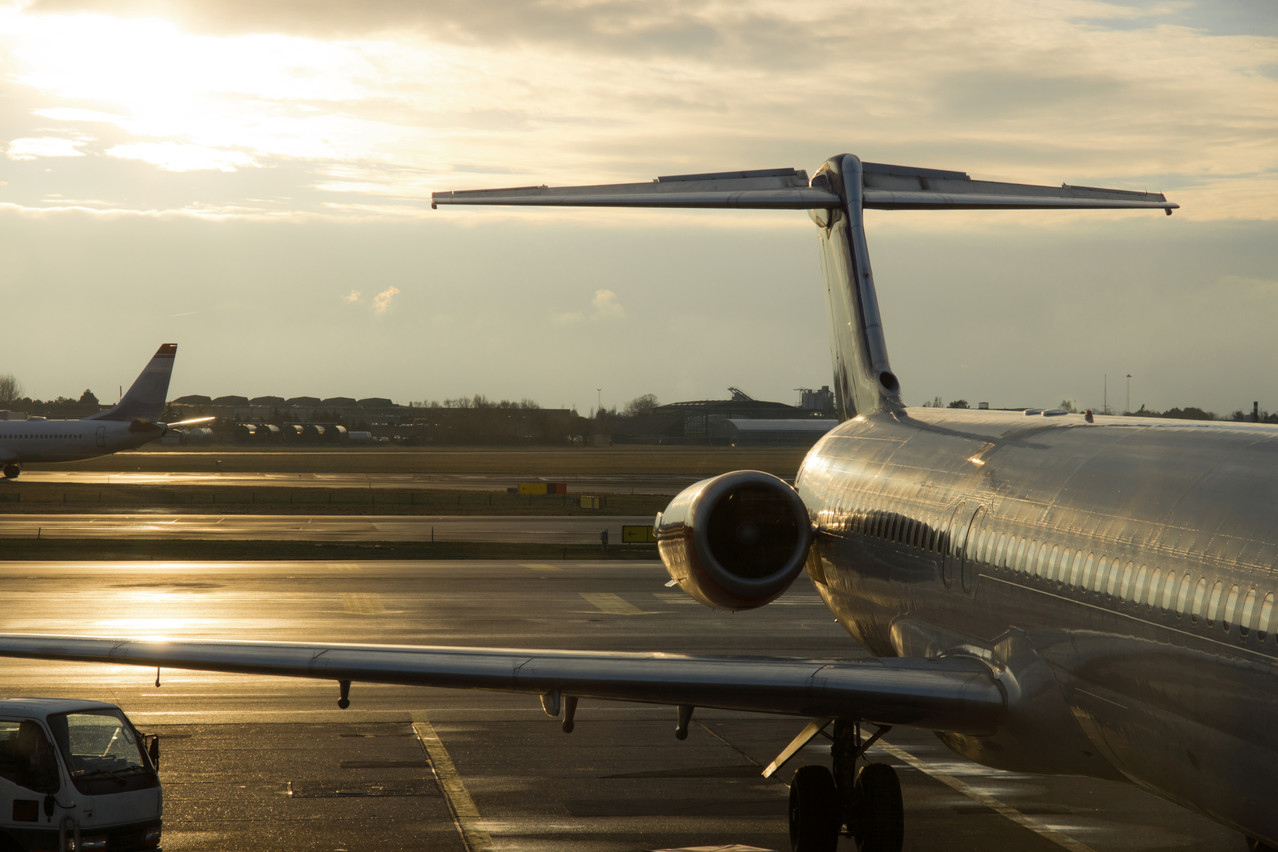The --called --which is part of the Fit for 55 package meant to bring greenhouse gas emissions down by 55% by 2030, sets minimum thresholds for all fuel suppliers to gradually offer more renewable and sustainable fuels to operators in EU airport. The target for these so-called sustainable aviation fuels (SAF) is 2% of all available aviation fuel for 2025, 5% for 2030 and 63% for 2050.
This is not ambitious enough, .
While Luxembourg, Denmark, Austria, Germany, Finland, the Netherlands and Sweden applaud the initiative in itself, they argue that “there is room for increasing the ambition further regarding sustainability and boosting SAF by allowing Member States to go beyond minimum EU standards.”
According to them, “higher national targets do not undermine the level playing field or create competitive distortions across the Single Market”. The current Refuel EU Aviation deal also underestimates the potential of available sustainable aviation, say the co-signatories. Higher targets could, however, encourage more investment in SAF-generating technologies and accelerate the transition to a more sustainable path for the aviation sector.
High minimum SAF targets should be set as a common standard across the EU--so as to inspire other parts of the world--while member states should be able to impose self-determined targets going beyond the common goal.
The signatories, including Luxembourg transport minister François Bausch, affirm that “this will create EU-wide benefits, as well as a swifter decarbonisation of the aviation sector.”
The EU Commission was by several aviation companies for not relaxing regulations on airline slots in airports, resulting in thousands of empty flights flying over Europe. They claimed that this did not align with the EU Green Deal.
